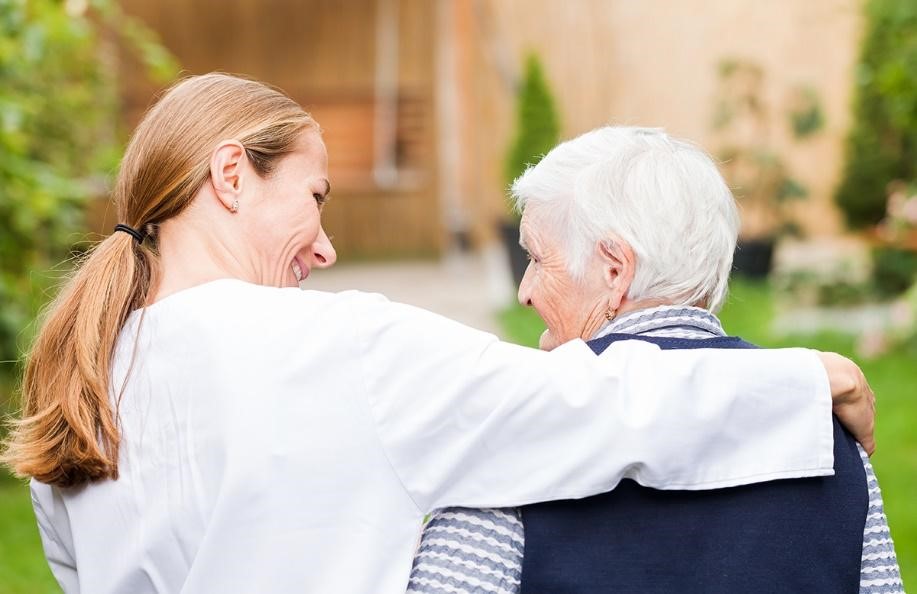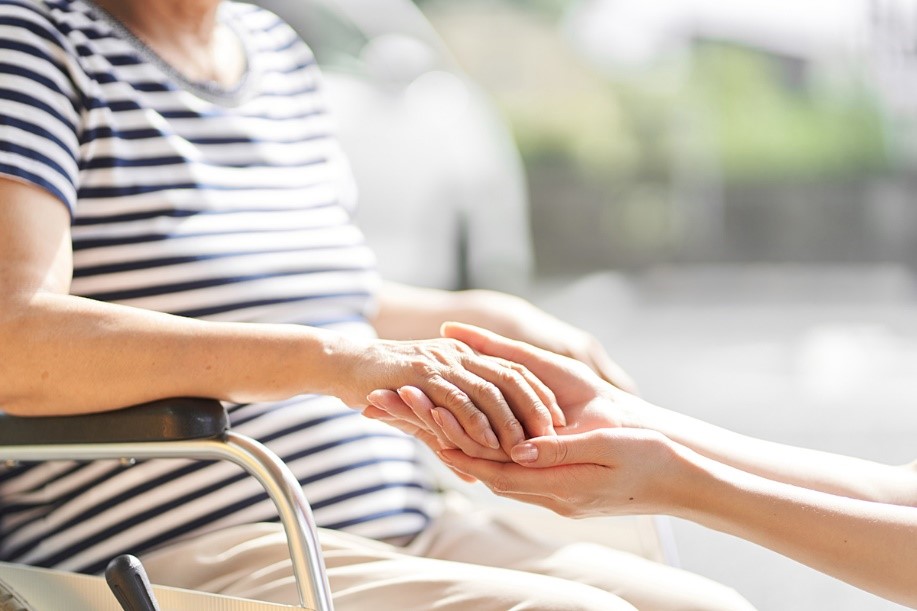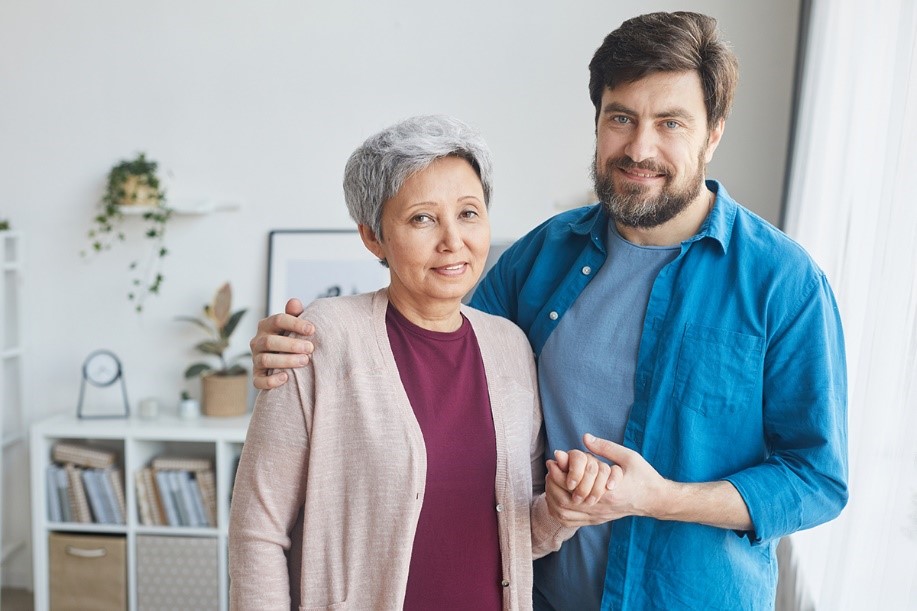 Alzheimer’s isn’t a solitary disease. It affects the entire family. As your senior loved one experiences the changes associated with Alzheimer’s, you and your family members will also experience frequent stresses and emotional ups and downs.
Alzheimer’s isn’t a solitary disease. It affects the entire family. As your senior loved one experiences the changes associated with Alzheimer’s, you and your family members will also experience frequent stresses and emotional ups and downs.
Caring for someone with Alzheimer’s disease can be a lonely, thankless responsibility. It can also be emotionally draining as you watch a beloved family member progress through the various stages of the disease. As you manage the care of your loved one, it’s important to support and care for yourself as well so you remain emotionally and physically healthy. The good news is that there are many resources available to help you cope with the stress of caregiving and meet your own needs as well.
Why Taking Care of Yourself Is An Important Component of Alzheimer’s Care
Approximately 15 million Americans care for someone with Alzheimer’s disease on an unpaid basis. Most caregivers agree that you will only be able to provide excellent care for your loved one if you also take time to care for yourself. Here are some ways you can make sure your own needs are met so you can effectively face the challenges of Alzheimer’s care:
- Get Training—Caregiver training helps you learn to manage the demands of Alzheimer’s disease while minimizing some of the frustrations. It also teaches you what to expect as your loved one reaches each new stage of the disease. The Alzheimer’s Association has a good list of resources you can use to educate yourself about safety and care.
- Get Help—Enlist family members and friends to help. Don’t try to shoulder the burden of care alone or you will quickly burn out. If you do not have other family members in the area, consider partnering with a home care agency to supplement care so you can take breaks. An agency will often be more reliable than family and friends and so many prefer this as their go to option.
- Get Rest—Sometimes, you need to step away from the daily demands of Alzheimer’s care. Respite care gives you the time off you need to handle other responsibilities or simply take a break from caregiving as you focus on being a son or daughter.
How to Find Support From Other Caregivers
 Sharing ideas and and seeking advice from other caregivers is a proven way to alleviate some of the stress of Alzheimer’s Care. It’s encouraging to know you’re not alone, and that there are others who understand what you’re going through. Support groups give you the opportunity to:
Sharing ideas and and seeking advice from other caregivers is a proven way to alleviate some of the stress of Alzheimer’s Care. It’s encouraging to know you’re not alone, and that there are others who understand what you’re going through. Support groups give you the opportunity to:
- Learn about memory care
- Meet other caregivers and build friendships
- Hear about resources and ideas
- Talk about stresses and frustrations
- Share your experiences to encourage others
Here are some groups that offer active support and encouragement to caregivers in the Cleveland area:
Local Support Groups
These groups usually meet once a month, and they are offered at various times of day so you can choose a time that works with your schedule:
Alzheimer’s Association – Cleveland Chapter
These groups meet at churches, recreation centers, libraries, and other public centers throughout Ohio, with fourteen meetings in Cuyahoga County. They are free to attend, and no registration is required.
VA Caregiver Support
If your loved one is a veteran, the Veteran’s Caregiver Support Line can help you find local support professionals and groups in your area. They also provide phone support for resources or information.
ElderCare Locator
This website helps caregivers find local resources and support groups based on the specific needs of their senior loved ones.
Online Support Groups
Online support groups bring people together in a safe, supportive environment where they can ask questions and share resources. Most of these groups are closed, which means only members can access the information. Requests to join must be approved by a moderator, ensuring that only people with legitimate caregiving questions and needs can join the group.
Memory People
Memory People is a non-profit, closed Facebook group where Alzheimer’s caregivers and family members congregate to offer support and encouragement.
Smart Patients Caregivers Community
In partnership with the Family Caregiver Alliance, this online community provides information, resources, and support to those caring for someone with Alzheimer’s.
ALZConnected
This online support group is associated with the Alzheimer’s Association. It is free and open to Alzheimer’s patients as well as their caregivers and loved ones.
If you can’t find a local support group that works with your schedule or location, consider starting one yourself. There are probably many in your community who would appreciate having a group of friends they can talk to about their experiences with Alzheimer’s care, and a support group helps members know they’re not alone.
For more information about home care for your loved one with Alzheimer’s disease, download our free Home Care Guide here.
{{cta(‘6a691ae8-409b-4b09-a1d5-2864ffe1c1b5′,’justifycenter’)}}






